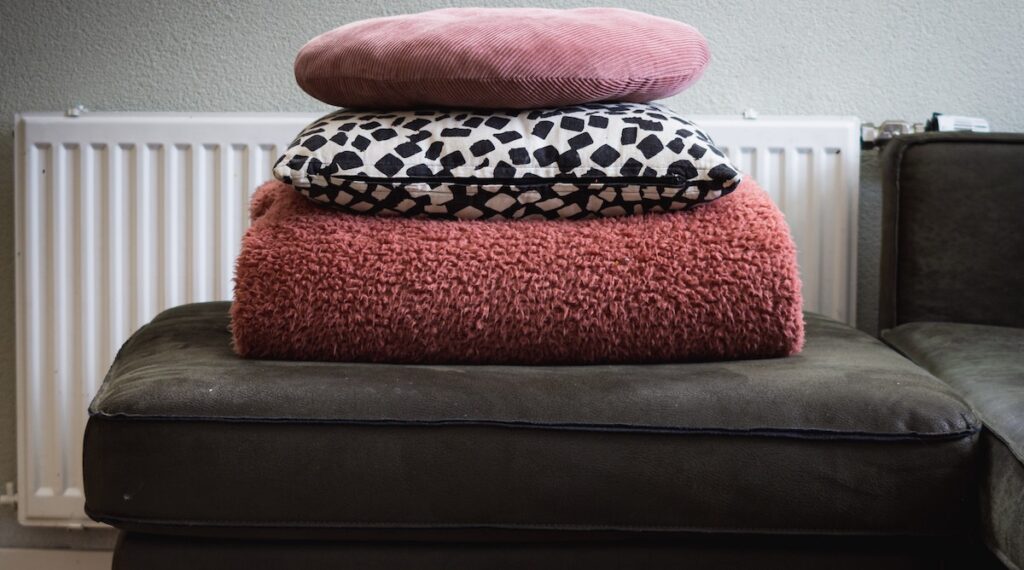Whether you are a homeowner, a private or social renter, a student or live at home with your parents, there are many things you can do to save energy, reduce your bills, and reduce your carbon footprint.
We are all responsible for the energy that we use, so let’s look at some simple tips to help save money and if you are one of the 22 million to be affected by the energy price hike, then you will know just how important that is right now.
It’s not always easy to make big energy changes, especially when you are on a budget, but there are many things you can do and some of them don’t cost a penny, some simple changes around the house can save significantly on energy and money.
1 – Before you start, it is important that you understand your energy bill. It may sound obvious, but the information on your energy bill can be confusing but understanding it can go a long way to helping you to get to grips with your energy use at home. For help with understanding your bill, look at the Home Energy Scotland website, who have a wealth of information on the subject and offer great advice.
2 – Remember to switch off standby on your appliances. You can make a considerable saving every year by remembering to turn off the standby mode.
Almost all electrical goods can be turned off at the plug without upsetting their programming. You can buy a standby saver or a smart plug that will allow you to turn off all your appliances in one go. Just remember that some satellite and digital recorders will not allow you to record if the television is off, so double check first.
3 – It is important that you draught proof your windows and doors. Unless your home is fairly new, you will lose a considerable amount of heat through your windows, doors, gaps in the flooring and through your chimney breast. Professional draught proofing is relatively inexpensive, but DIY draught proofing is much cheaper, you just need to go online to find out handy hints and tips for making your home a less draughty place.
4 – Remember, remember, remember to turn the lights off in rooms you are not using. What is the point in leaving the lights on in a room or a hallway that you are not using? You can save a lot of money over the period of a year by just doing something as simple as turning the lights off in rooms that are not in use. To save even more, why not think about changing all your bulbs to energy saving LED bulbs. It may cost you a little initially, but these bulbs can last up to nearly 6 years and cost less to run.
5 – The kitchen is an area where you can be most savvy. Using your washing machine carefully can save more than you think. Using a 30-degree washing cycle instead of a higher temperature is much more economical and cutting your number of washes by one a week will make a big difference. Same applies with the tumble drier.
Try avoiding the tumble drier as much as you can and instead use drying racks and outdoors in warmer weather if possible.
6 – Your kettle is the most frequently used appliance in the kitchen and many of us are guilty of filling it with more water than we need to. Avoid over filling the kettle to save on electricity…it all adds up.
7 – Remember to fill your dishwasher up before running a cycle. Only use the dishwasher when it is full to capacity, you would be amazed what you can save on running one or two less cycles a week and think of the water you will be saving also.
8 – Top up your insulation. Effective insulation of your hot water tank is so important, even if you have a foam spray cove ring or a loose 25mm jacket, you can further benefit from a British standard 80mm jacket making a noticeable saving on an annual basis. Even small changes such as turning your thermostat down by 1 degree, having a shower instead of a bath and reducing your shower time to 4 minutes, can save the average household around £70 a year.
These tips are just some of the free or inexpensive ways to cut down the amount of money that we are having to spend at this difficult financial time and with energy costs set to rise in the near future, it is essential that we do what we can to save money.
All these energy efficiency measures add up, so whatever your budget, even if it is nothing at all, you can reduce your energy bills by how much energy you use around the home.






